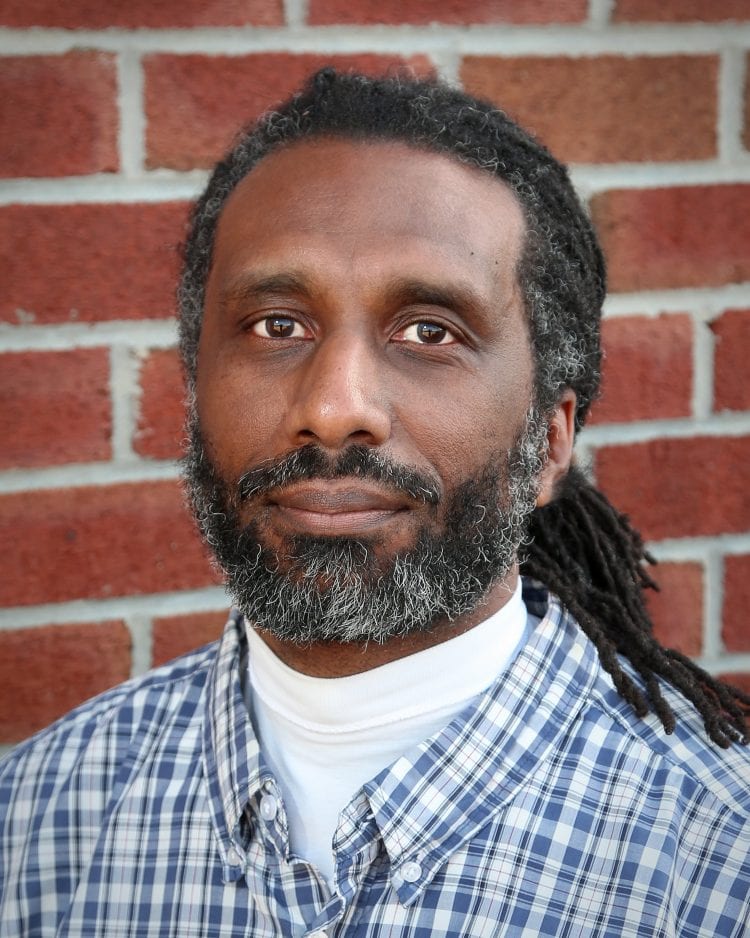
M
919.772.1990
Browse Blog
Listen In
919.772.1990
Browse Blog
Listen In
Quick Links
Services
Medication Management
One80 Locations

by Olatunde Howard, MA, LMFT
“Instead of waiting to get better before you meet a guy, why don’t you meet a guy and see if that helps you get better?” A line from the movie “Gone”.
I hear it all the time.
I don’t want to “rebound.” I don’t want to just meet somebody because I’m lonely. Now think about the second sentence. Really think about it. A client comes to me who is alone and lonely. What they want is company and intimacy. But instead of seeking out healthy company and intimacy, for some reason, he or she thinks it is better to be okay alone.
Where did this idea come from?
Especially this idea of “rebounding?”
I understand wanting to grieve the loss of one relationship before entering into another relationship. But that’s just it. There are for phases of grieving:
Notice that the fourth step involves finding a new relationship.
The grief process doesn’t stop with step 3.
Apply this to “rebounding.”
One thing I tell my clients is that there is practically a healthy and unhealthy version of everything. (Except for things like abuse, of course. Or things that are inherently unhealthy, like addictions, obsessions, suicidal ideations, etc. But even with these inherently unhealthy things, the person is usually wanting something healthy, but they don’t know how to get it. I’ll write about that later!)
So what is the healthy version of “rebounding,” meaning getting into a new relationship right after a breakup/divorce?
First, let’s go ahead and clarify what unhealthy rebounding is. Once and for all.
Unhealthy rebounding is ending an unhealthy/toxic relationship and getting right back into another unhealthy or toxic relationship! It’s going from an unhealthy relationship to another unhealthy relationship!
Which logically leads to what healthy rebounding is.
Healthy “rebounding” is when you leave an old unhealthy relationship and begin new a healthy one!
Now how long should you wait before you do that?
It depends. Sometimes, some clients need to go through all 4 steps of the grieving process I mentioned earlier. But sometimes, they don’t. In other words, as with any grief process, it’s up to the person.
When a client comes to me after a loss, whether it’s a relationship, a death in the family, or a loss of a job, each person grieves at a pace that is unique to them. Some take longer than others. Some come in at steps 2, 3, or even 4. You always hear that there is no right or wrong way to grieve. And this is right. Which means your grieving process is up to you. A therapist will typically flow with you wherever you are in the process.
Apply this to rebounding.
If you are ready to begin a relationship right after one ends, then go for it! As long as you know how to begin a healthy relationship instead of getting back into an unhealthy relationship. I know this not just from being a therapist and studying it, but from my own experience.
I once experienced a profoundly heartbreaking breakup. I mourned deeply. I tried to get back into that relationship because I deeply cherished it. And my friends helped me through it. I couldn’t have made it without them. But one day, one of my friends saw me depressed after perhaps a month or so had gone by. He said, “How long are you going to be focused on her? The best way to get over one person is to find another. ” What he said was like a ray of sunlight entering a dark cave. It seemed to make perfect sense. So I did it. And it worked! The new relationship brought me out of the pain of the old one.
But some consider that “rebounding.” Finding a new person to get over an old one. Yet we do this with any and everything else that is bad for us. We replace something bad for us with something good for us. A new healthy habit for an old unhealthy habit. And why shouldn’t we? If a person struggling with alcohol abuse replaces alcohol with herbal tea, are they “rebounding?” Of course not! Instead of simply abstaining from alcohol, they are replacing alcohol. In the same way, instead of a lonely person abstaining from a relationship, he or she is replacing an unhealthy relationship with a healthy one.
This is how rebounding can be healthy.

Olatunde Howard, MA, LMFT
Olatunde is a Licensed Marriage and Family Therapist. Read Full Bio
I’ve noticed that some clients think therapists are magicians and that therapy is magic. And if the magic doesn’t kick in after one or two sessions (3 tops!), then therapy isn’t working. Now the thing is, therapy can begin to “work” after one or two sessions, depending on the client and the presenting problem. It may even work after one session, and this is where therapy can be magical–if we understand what the magic really is.
I used to want to live a life without regret. That was my actual goal. By a life without regret, I meant a life with a clear conscience. A life where I don’t make stupid or avoidable mistakes that have lasting consequences. And that is still my goal. But I stumbled on something in my time of meditation:
Is this therapist a good fit? (How to know in 15 minutes or less) by Olatunde Howard, MA, LMFTYou need therapy, but you don’t know where to start. You look up therapists. You find one you think...